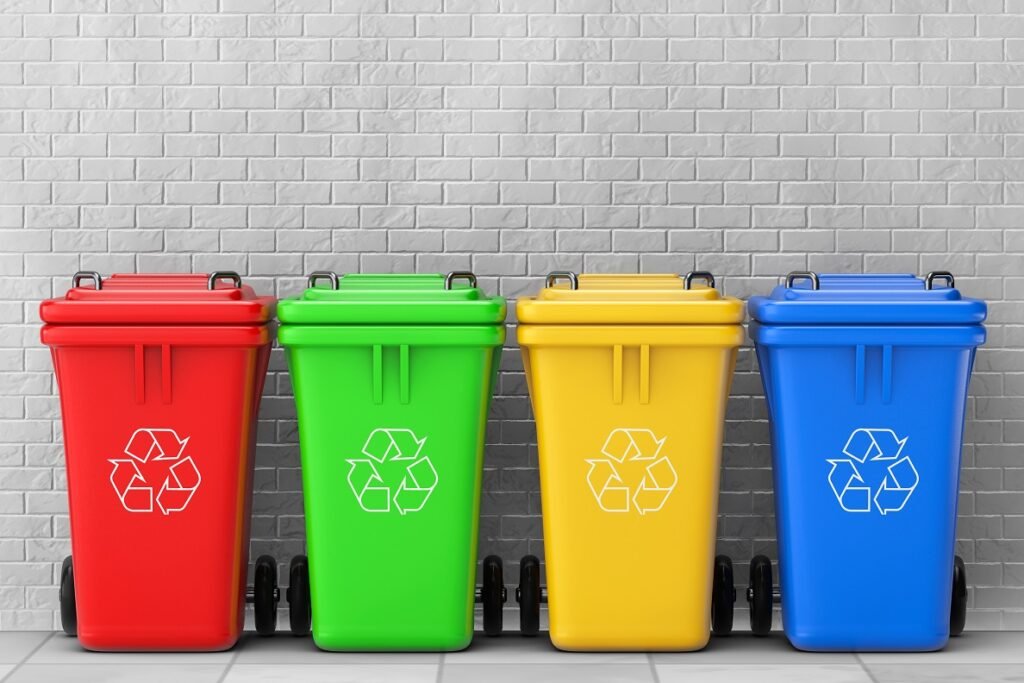On December 1, 2020, “Directive 41/CT-TTg regarding urgent measures to strengthen the management of solid waste” was enacted in Vietnam. This directive is intended to address problems in solid waste management and can be downloaded from the URL below.
http://vea.gov.vn/detail?$id=1044
This directive clarifies the management responsibilities of ministries, agencies and the People’s Committee of provinces and municipalities. Among them, the responsibility of the Ministry of Natural Resources and Environment, which holds jurisdiction over environmental management, is defined as follows.
- Review, amend, and supplement laws and regulations regarding solid waste management within the authority of the ministry.
- Formulate technical and economic standards for collection, transportation and disposal of waste, and regulations on method to determine waste disposal costs based on the Law on Environmental Protection.
- Develop a national environmental protection plan for the first quarter of 2022 and submit it to the prime minister. This plan includes contents of policies regarding the location and scale of centralized treatment plants (national or local level) for solid waste and hazardous waste.
- Review, amend, and supplement various National Technical Regulations regarding solid waste. The amendment of “National Technical Regulation QCVN 61-MT: 2016/BTNMT on domestic solid waste incinerator” is prioritized in particular.
- Establish a program aiming collection and segregation of waste at their sources and proceed toward the approval by the prime minister.
- Establish technical guidance on improvement and treatment of environmental pollution occurred in landfills that do not meet hygiene requirements and places contaminated by waste.
- Strengthen inspections and audits for solid waste management nationwide.
The responsibilities of the People’s Committee of provinces and municipalities are also stipulated as follows.
- Review waste treatment technologies in each region and encourage waste disposal companies to develop a roadmap by 2023 for improvement of waste treatment technologies to meet environmental protection requirements.
- Build a roadmap for raising prices of waste collection, treatment and transportation to reduce government subsidies.
- Eliminate restrictions on the transportation of general solid waste, hazardous waste, etc. from other regions.
- Set goals to reduce the proportion of directly landfilled waste to 20% or less in the major cities which are municipalities (Hanoi, Ho Chi Minh, Da Nang, Hai Phong, Can Tho), and 30% or less in other regions by 2025.
There are still many problems concerning waste:
Although environmental protection activities in Vietnam have been strengthened in recent years, environmental pollution accidents caused by solid waste still occur frequently. This is mainly due to the fact that the collection, transportation and treatment plants for domestic solid waste do not meet the environmental protection requirements in each region. The detailed causes of this situation are as follows.
- Solid waste management is not yet adequately managed in each region.
- The personnel and finance system required for the management of solid waste (especially garbage) is still insufficient.
- Infrastructure investment in waste collection, transportation and treatment plants is not yet appropriate.
- Segregation of waste at their sources is operated only experimentally.
- Publicity activities to raise awareness regarding waste segregation are insufficient.
- Collected waste is generally landfilled or treated in small incinerators in many regions, but it is difficult for companies to invest in new treatment technology at the currently applied treatment unit cost.
- Central and local management functions overlap, and the division of responsibilities is unclear.
 Vietnam tightens solid waste management
Vietnam tightens solid waste management 

























